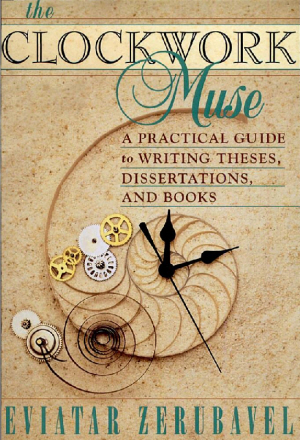 I am very happy to share that the abstract I submitted for the Early Career Researcher Conference track of the British Educational Research Association (BERA) was accepted. This was entitled “Threshold Concepts and Transformative Learning: Points of Similarity and Difference when Considering Distance Doctoral Education,” and is rather related with my doctoral thesis work.
I am very happy to share that the abstract I submitted for the Early Career Researcher Conference track of the British Educational Research Association (BERA) was accepted. This was entitled “Threshold Concepts and Transformative Learning: Points of Similarity and Difference when Considering Distance Doctoral Education,” and is rather related with my doctoral thesis work.
BERA is in London this year, and runs from 6-8 September. I have never attended this conference before, and only recently joined BERA now that my abstract was accepted. I look forward to seeing some of my Twitter-based #phdchat colleagues who I have met and spoken with over the past 6 months and who I know are also planning to attend the conference. Along with this my second visit to the UK this year, perhaps I will even be able to meet with my supervisors again in person, given now everything I do outside of work is focused on my doctoral thesis (with its working-title listed on the Lancaster University Graduate School Faculty of Arts and Social Sciences website).
I have a lot of research, writing, and planning ahead of me. Good thing I have a passion in this area, as that is what I need to get through the next year and a half of my thesis work!

